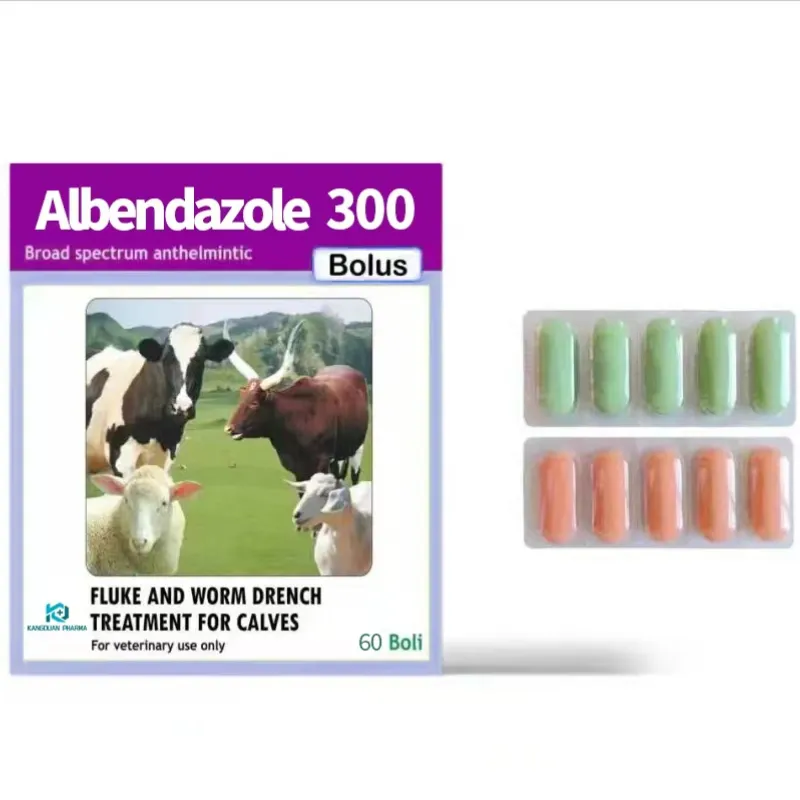- Afrikaans
- Albanian
- Amharic
- Arabic
- Armenian
- Azerbaijani
- Basque
- Belarusian
- Bengali
- Bosnian
- Bulgarian
- Catalan
- Cebuano
- Corsican
- Croatian
- Czech
- Danish
- Dutch
- English
- Esperanto
- Estonian
- Finnish
- French
- Frisian
- Galician
- Georgian
- German
- Greek
- Gujarati
- Haitian Creole
- hausa
- hawaiian
- Hebrew
- Hindi
- Miao
- Hungarian
- Icelandic
- igbo
- Indonesian
- irish
- Italian
- Japanese
- Javanese
- Kannada
- kazakh
- Khmer
- Rwandese
- Korean
- Kurdish
- Kyrgyz
- Lao
- Latin
- Latvian
- Lithuanian
- Luxembourgish
- Macedonian
- Malgashi
- Malay
- Malayalam
- Maltese
- Maori
- Marathi
- Mongolian
- Myanmar
- Nepali
- Norwegian
- Norwegian
- Occitan
- Pashto
- Persian
- Polish
- Portuguese
- Punjabi
- Romanian
- Russian
- Samoan
- Scottish Gaelic
- Serbian
- Sesotho
- Shona
- Sindhi
- Sinhala
- Slovak
- Slovenian
- Somali
- Spanish
- Sundanese
- Swahili
- Swedish
- Tagalog
- Tajik
- Tamil
- Tatar
- Telugu
- Thai
- Turkish
- Turkmen
- Ukrainian
- Urdu
- Uighur
- Uzbek
- Vietnamese
- Welsh
- Bantu
- Yiddish
- Yoruba
- Zulu
Nov . 18, 2024 10:43 Back to list
Effective Treatments for Eliminating Tapeworms in Horses
What Kills Tapeworms in Horses?
Tapeworms are a common parasitic threat to horses, often leading to a range of health issues that can impact their performance, overall well-being, and even longevity. Understanding what specifically kills tapeworms in horses is fundamental to maintaining their health and ensuring effective management practices. This article will explore the nature of tapeworm infestations, their effects on horses, and the treatments available to eliminate these parasites.
Understanding Tapeworms
Tapeworms, belonging to the cestode family, are flat, segmented worms that reside in the intestines of infected horses. The most common species affecting horses include Anoplocephala perfoliata, which can cause significant digestive disturbances. Horses typically become infected by ingesting tapeworm larvae, which are commonly found in pasture grass or through contaminated hay. These parasites can lead to colic, digestive obstructions, weight loss, and poor overall condition if left untreated.
Identifying Tapeworm Infestations
Recognizing a tapeworm infestation can be challenging, as symptoms often overlap with other gastrointestinal issues. Common signs include decreased appetite, weight loss, intermittent colic, and poor coat condition. Veterinarians advocate for regular fecal egg counts to monitor for the presence of tapeworm eggs, particularly in horses with known risk factors such as young horses, those on pasture, or those with a history of past infestations.
Treatments for Tapeworms
When it comes to treating tapeworm infections, several anthelmintics (dewormers) are effective in eliminating these parasites. The most common drugs used to kill tapeworms in horses include
1. Praziquantel This is a highly effective treatment specifically targeting tapeworms. Usually administered in conjunction with other deworming agents, praziquantel acts by damaging the tapeworm's skin, leading to its detachment from the intestinal wall and subsequent elimination from the horse's body.
what kills tapeworms in horses

2. Fenbendazole Although primarily targeting roundworms and strongyles, fenbendazole can also be effective against tapeworms when given at high doses over multiple days. This approach is less common but may be employed in certain situations.
3. Ivermectin While ivermectin is not specifically indicated for tapeworms, studies suggest it may provide some level of efficiency against them. It is often combined with praziquantel for a comprehensive deworming protocol.
4. Other Combination Dewormers There are commercial products available that combine praziquantel with other active ingredients, allowing for broad-spectrum parasite management. These combination wormers offer an efficient way to tackle multiple types of parasites simultaneously, including tapeworms.
Preventative Measures
While treating tapeworm infestations is crucial, prevention is the most effective strategy. Regular deworming schedules based on the veterinary recommendations should be followed, particularly in environments where horses have access to pasture. Furthermore, maintaining best practices in sanitation, such as managing manure to reduce the environmental load of eggs, can help minimize the risk of reinfestation.
Regular veterinary check-ups, along with a strong deworming plan, will aid in keeping your horse in optimal health. If you suspect your horse has a tapeworm infestation, it is essential to consult with a veterinarian to discuss the best diagnostic and treatment options.
Conclusion
In conclusion, understanding what kills tapeworms in horses is vital for equine care. The right combination of medications, proper management practices, and routine veterinary care are essential components in eliminating and preventing tapeworm infestations. By taking proactive steps, horse owners can ensure the long-term health and vitality of their equine companions, keeping them free from the debilitating effects of tapeworms.
-
Guide to Oxytetracycline Injection
NewsMar.27,2025
-
Guide to Colistin Sulphate
NewsMar.27,2025
-
Gentamicin Sulfate: Uses, Price, And Key Information
NewsMar.27,2025
-
Enrofloxacin Injection: Uses, Price, And Supplier Information
NewsMar.27,2025
-
Dexamethasone Sodium Phosphate Injection: Uses, Price, And Key Information
NewsMar.27,2025
-
Albendazole Tablet: Uses, Dosage, Cost, And Key Information
NewsMar.27,2025













